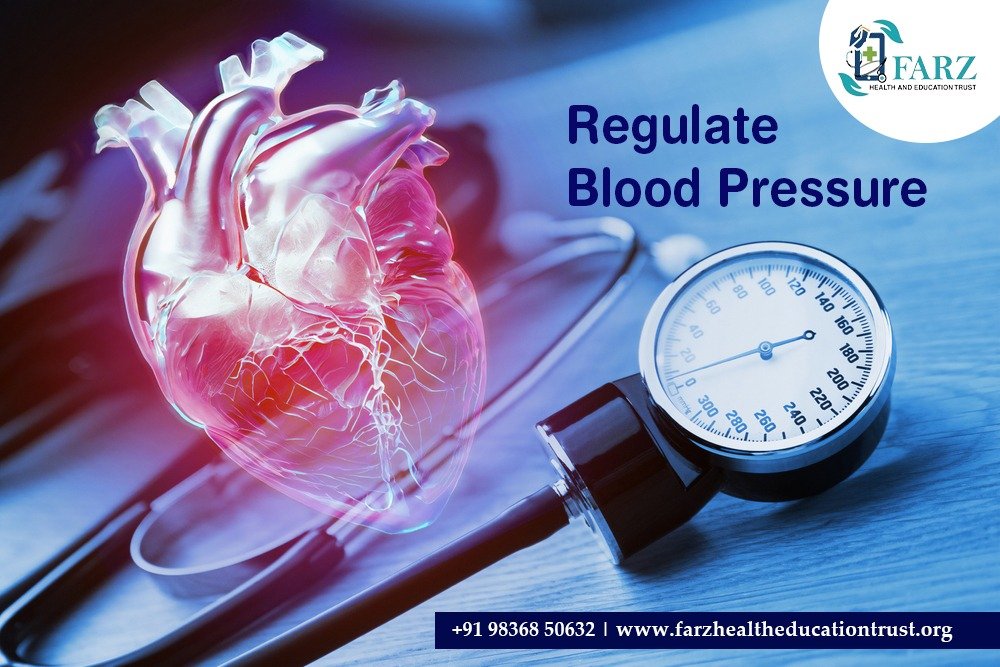
High blood pressure, also known as hypertension, affects millions worldwide. Left untreated, it can lead to serious health problems such as heart disease and stroke. Fortunately, many methods can help manage blood pressure effectively. Let’s explore some of the best strategies to maintain healthy levels.
-
Adopt a Balanced Diet
One of the most effective ways to control blood pressure is through a balanced diet. Consuming plenty of fruits, vegetables, whole grains, and lean proteins has been shown to help. It’s essential to reduce your intake of processed foods high in salt, as sodium significantly increases blood pressure.
Foods rich in potassium, such as bananas, spinach, and sweet potatoes, help balance sodium levels. Additionally, the DASH diet (Dietary Approaches to Stop Hypertension) focuses on nutrient-rich foods, making it a great choice for lowering blood pressure.
-
Exercise Regularly
Regular physical activity strengthens the heart and improves circulation. This, in turn, lowers blood pressure. Experts recommend at least 30 minutes of moderate exercise, such as walking, swimming, or cycling, most days of the week. Even small amounts of activity can make a big difference.
Exercise also helps manage stress, which is often linked to hypertension. Low-impact exercises, like yoga or tai chi, can relax the mind and body, further supporting blood pressure regulation.
-
Maintain a Healthy Weight
Excess weight strains the heart and blood vessels. Losing even a small amount of weight can have a significant impact on blood pressure levels. Keeping track of body weight through regular check-ins and making small adjustments in diet and exercise can help.
Avoiding rapid weight loss methods is crucial, as they can be harmful. A slow and steady approach is recommended for sustainable results.
Learn more about Boosting Bone Strength: Effective Strategies for Preventing Osteoporosis
-
Limit Alcohol Consumption
Alcohol, when consumed in large amounts, can raise blood pressure. It is advised to limit intake to moderate levels, which means one drink per day for women and two for men. Drinking too much alcohol over time has been linked to long-term increases in blood pressure, as well as other health issues.
-
Reduce Stress Levels
Chronic stress is a key contributor to high blood pressure. Finding ways to relax and reduce daily stress is crucial for overall health. Techniques like deep breathing, meditation, and mindful relaxation can help. Even engaging in hobbies or spending time with loved ones may lower stress levels.
Developing a healthy routine that includes regular relaxation is important for keeping blood pressure in check. Stress should not be ignored, as its effects can accumulate over time.
-
Cut Back on Caffeine
Caffeine, found in coffee, tea, and many energy drinks, can cause a temporary rise in blood pressure. Although its long-term effects are still debated, it is wise to monitor caffeine consumption. If you’re sensitive to caffeine or notice spikes in blood pressure after consumption, reducing intake may benefit your health.
Switching to decaffeinated options or limiting caffeine to the morning hours may help regulate your levels.
-
Quit Smoking
Smoking damages blood vessels and leads to a buildup of plaque in the arteries. This makes it harder for blood to flow, causing the heart to work harder and increasing blood pressure. Quitting smoking improves circulation and heart health over time.
Support groups, medications, and nicotine replacement therapies can make the quitting process easier. The benefits of stopping smoking are significant, both for blood pressure and overall well-being.
-
Monitor Blood Pressure Regularly
Regular monitoring helps you stay informed about your blood pressure levels. Home blood pressure monitors are available and easy to use. Tracking these numbers gives a clearer picture of your health and allows for timely action if needed.
It is important to note any unusual readings and share them with a healthcare provider. Early detection and intervention can prevent serious complications.
-
Take Prescribed Medications
In some cases, lifestyle changes alone may not be enough. If blood pressure remains high, medications can help. Several types of medications, such as diuretics, ACE inhibitors, and calcium channel blockers, are used to control hypertension.
Following the healthcare provider’s instructions carefully is essential. Never stop or change your medication without professional advice, as doing so can lead to complications.
Conclusion
Managing blood pressure involves a combination of lifestyle changes and, in some cases, medical treatment. By adopting healthier habits, such as eating a balanced diet, exercising regularly, and reducing stress, you can take significant steps toward controlling hypertension. Regular monitoring and working with a healthcare provider ensure that your blood pressure stays within a safe range, promoting long-term health.
Taking proactive steps to manage blood pressure can reduce the risk of heart disease, stroke, and other complications. It’s never too late to start taking care of your heart.
